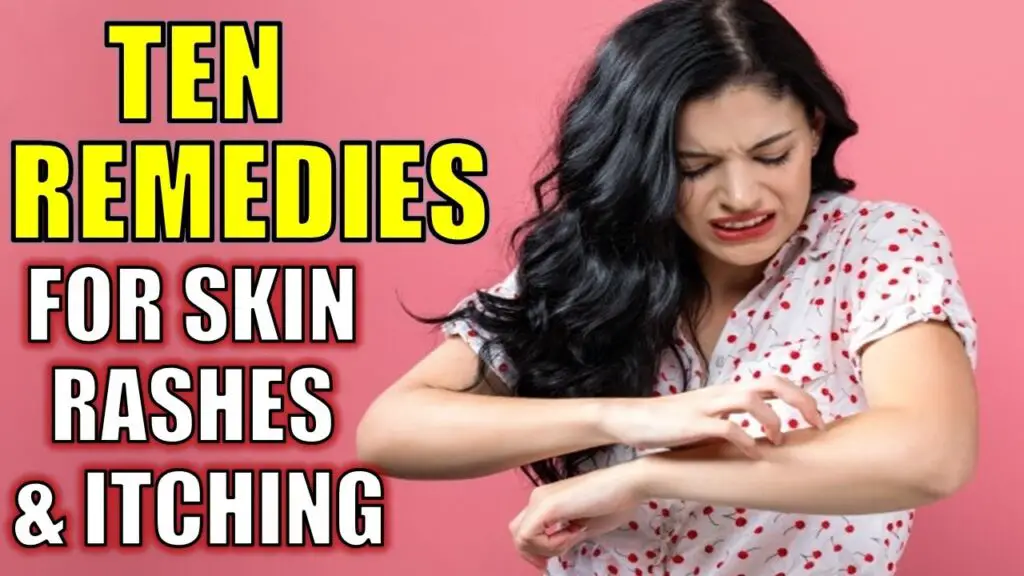Skin rashes can be incredibly disruptive to our daily lives, as they are uncomfortable and itchy, and can be a bit embarrassing. There are many causes for skin rashes, from coming into contact with poison oak to having a skin condition.
Below are some of the best natural home remedies to help with skin rashes and itching.
Causes of Skin Rashes and Itching
Contact With Allergens, Poisons, and Plants
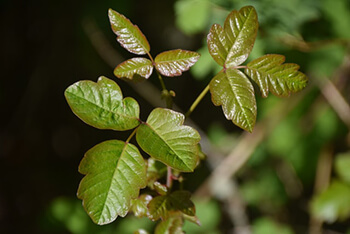
Some people may experience skin allergies, also known as contact dermatitis. This can cause an allergic reaction to occur if you come into contact with certain substances.
The same can happen with insect bites, poison ivy, poison oak, and some nettles. Some of the more common skin allergens are wool, chemicals found in cleaning products, detergents, soaps, latex, and nickel.
If you think your skin rashes may be caused by skin allergies, it's best to seek advice from your doctor, who will be able to diagnose you properly. Your doctor will advise you to avoid the known allergens and read labels on clothing and cleaning products to prevent rashes and itching in the future.
Skin Conditions
Certain skin conditions can be responsible for rashes and itchy skin. Here, you will find a few common skin conditions that may be causing your rash.
If you think it's likely that you're dealing with one of the skin conditions listed below, it's best to seek medical advice from your doctor or a dermatologist, who may be able to help you with a treatment plan.
Hand, Foot and Mouth Disease
Hand, foot, and mouth disease is a contagious viral infection that usually occurs in children aged five and under. It tends to go away on its own within a couple of days.
Children with hand foot and mouth disease may experience a fever, headache, irritability, blisters in the mouth, and a rash on the hands and feet.
Eczema
Eczema, also known as atopic dermatitis, is a condition that causes the skin to be dry and scaly, with some flushing, itchiness, and open sores. If you have eczema, you may experience permanent or persistent itchy rashes and severely dry skin. Having eczema also makes you more prone to skin infections.
Psoriasis
Psoriasis is a condition where silver scaly patches appear on the skin. These patches are typically itchy, and are found on the elbows, scalp, knees, and lower back. The patches usually appear red and irritated.
Psoriasis is caused by skin cells multiplying faster than normal, which results in inflammation.
Heat Rash
Heat rash is caused by excessive sweating and blocked sweat glands. When sweat glands become blocked, a rash occurs. This rash has an itchy sensation, is red and bumpy, and can provide general discomfort.
Diaper Rash
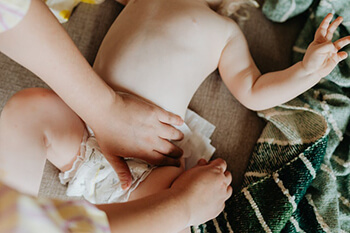
Diaper rash is a common condition in small children. In this case, the rash presents as a bright red area of inflamed skin on the bottom. It's typically caused by irritation from exposure to urine and feces, chafing, irritation from a product, or sensitive skin.
Natural Remedies for Rashes and Itching
There are many natural remedies that you can use for rashes and itching caused by allergens or skin conditions. The natural remedies below can provide relief from an itchy rash or skin allergies.
Apple Cider Vinegar
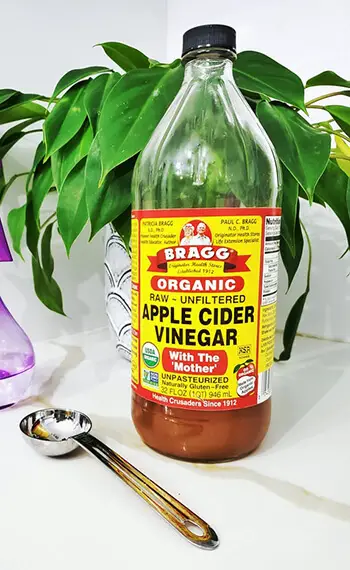
Apple cider vinegar is a common kitchen staple that has soared in popularity thanks to its ability to treat a whole host of different ailments. It's great for people dealing with eczema as it may help with the skin's acidity levels. Apple cider vinegar also helps with inflammation and infection.
The antimicrobial properties of apple cider vinegar can help with bacteria on the skin, while the vinegar rebalances the skin's pH. This may benefit the skin's moisture levels and help with symptoms of eczema.
To use apple cider vinegar as a natural treatment, place a cup of vinegar in your bath and soak for twenty minutes. Make sure you rinse your skin with cool water afterward to get rid of any excess vinegar on the skin.
You can also mix apple cider vinegar with coconut oil to make a homemade moisturizer. Mix one tablespoon of apple cider vinegar with a cup of coconut oil. This dilutes the vinegar enough so that won't be too harsh on your skin.
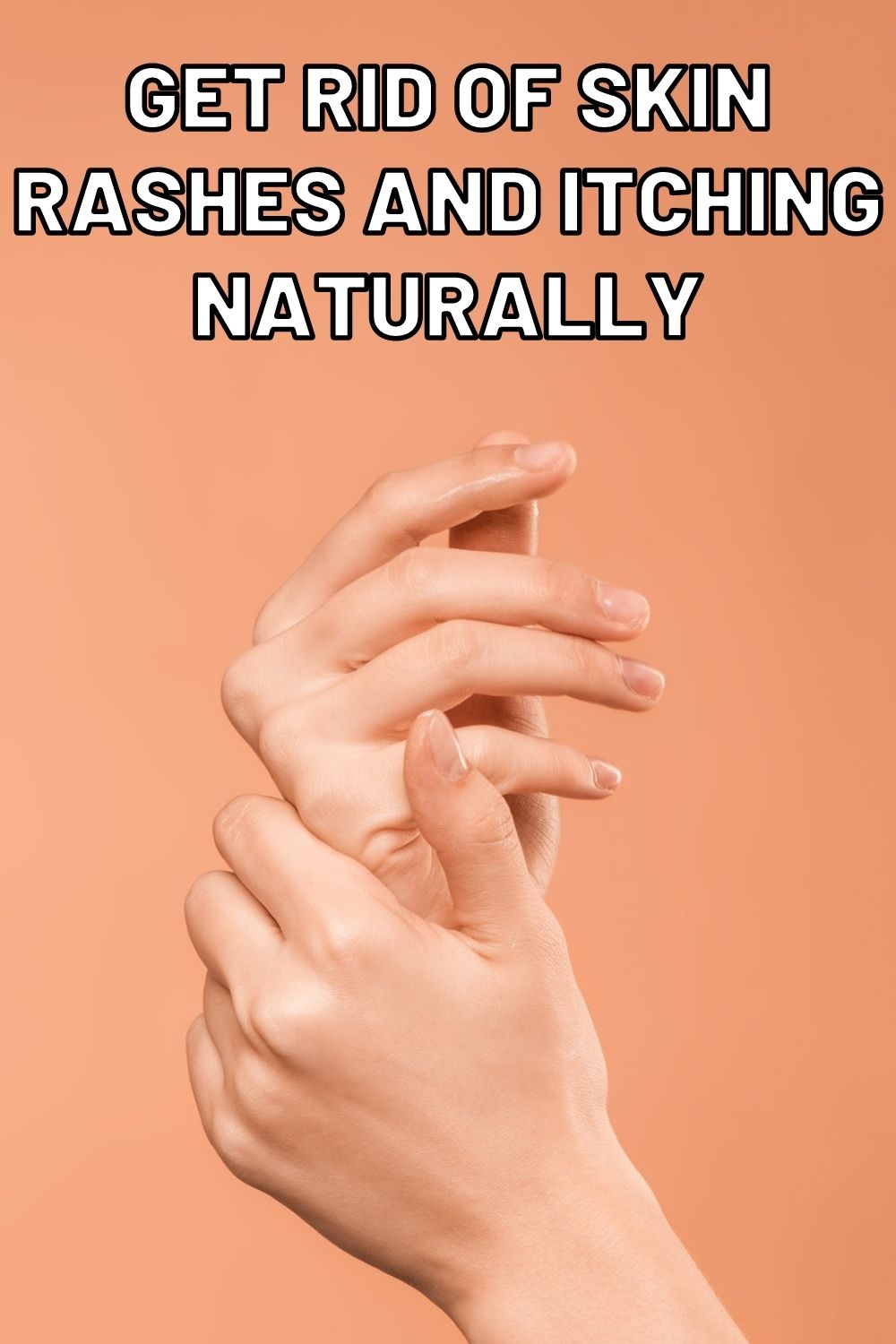
Oatmeal Bath
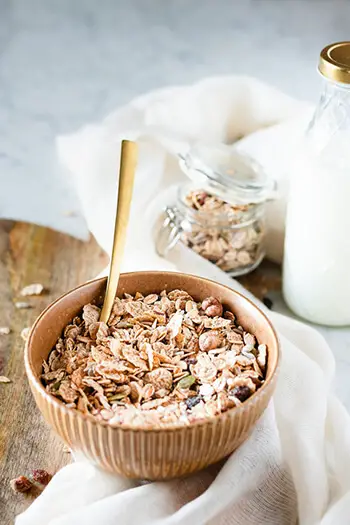
Oatmeal baths are a common household remedy to help soothe skin. Oatmeal has anti-inflammatory properties and can help the skin to retain moisture, reducing itchiness and flaking of the skin. Oatmeal creates a barrier on the skin that protects against harmful bacteria, and helps balance the skin's pH levels.
Many skin products use colloidal oatmeal as an ingredient. Colloidal oatmeal is made from finely ground oats, and can be added to your own creams and lotions. Oatmeal has been found to work well for people with sensitive skin, as it doesn't contain harsh additives. But it does contain plenty of the good stuff, including lipids, proteins, and enzymes. Oats and oat products are recommended for people who suffer from eczema and psoriasis.
To make an oatmeal bath, grind whole oats into a fine powder using a coffee grinder, food processor, or blender. Fill your bathtub with warm water and add in a cup of ground oats. You can put the oats in a cheesecloth or pantyhose if you don't want to clean up your bathtub afterward.
Soak in the oatmeal mixture for fifteen to twenty minutes, then apply a gentle moisturizer after getting out of the bath.
Aloe Vera
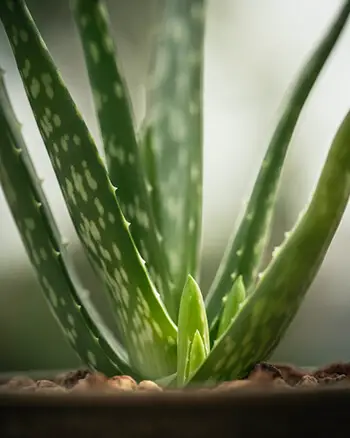
Aloe vera can be used to help relieve itching and skin rashes. Aloe vera gel is mostly made up of water, but contains antioxidants that help keep the skin moisturized. Aloe vera also has properties that help with inflamed skin and healing wounds. This makes it a good option as a treatment for skin rashes and conditions where the skin is cracked or broken. Aloe vera can also help with itching sensations.
Coconut Oil
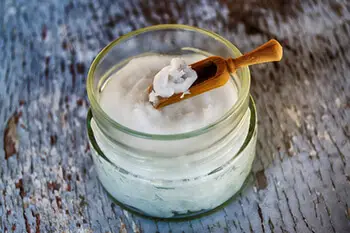
Lauric acid is one of many medium-chain fatty acids found in virgin coconut oil. Lauric acid has antimicrobial properties that can help prevent infections, treat acne, and soothe inflamed skin. Lauric acid also helps the skin absorb the moisturizing elements of virgin coconut oil.
Some research has found that virgin coconut oil may help boost the skin's moisture levels, especially for people with eczema. The anti-inflammatory benefits of coconut oil also help soothe the discomfort of rashes.
As coconut is a tree nut, it's important to check that you're not allergic to this but before applying it to your skin, to prevent any potential allergic reactions. Try a coconut oil patch test if you've never applied coconut oil to your skin before.
To use coconut oil to help with rashes and itchy skin, apply the oil to slightly damp skin twice a day. This is easy to do after taking a shower or a bath, and you can combine the oil with other treatments.
Tea Tree Oil
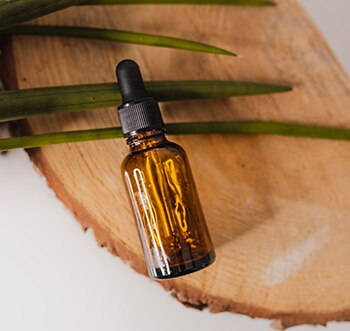
Tea tree oil has antifungal, antibacterial, antiseptic, and anti-inflammatory properties that may help with rashes and skin conditions. The anti-inflammatory benefits of tea tree oil can help reduce rashes and redness in the skin, while the oil's antiseptic and antibacterial properties help prevent infection.
When you're using tea tree oil or any other essential oils, it's important to dilute the oil with a carrier oil such as coconut or olive, which will prevent irritation on the skin.
To use tea tree oil to treat rashes and itching, add one or two drops of tea tree oil to a carrier oil, such as coconut or olive oil. Apply this mixture to your skin once a day. You can also apply a few drops of tea tree oil to a warm bath, as the water will sufficiently dilute the oil. If you feel any burning or further itching, wash the oil off immediately.
Jojoba Oil
Jojoba oil may also help with reducing inflammation in the skin, as well as associated symptoms, including flaking skin, dryness, and itching. This makes jojoba oil a great oil for rashes.
Jojoba oil doesn't need a carrier oil and can be applied directly to your skin. If you apply the oil and experience an allergic reaction, rinse it off your skin immediately.
Olive Oil
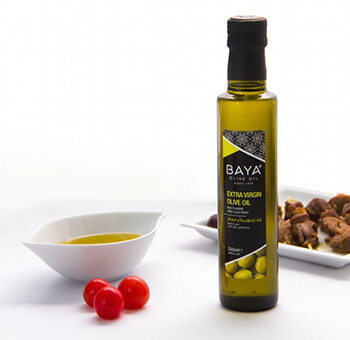
Olive oil is another common kitchen staple that boasts a range of helpful properties. Its anti-inflammatory and antimicrobial properties can help soothe symptoms associated with contact dermatitis and other conditions, such as diaper rash and eczema. The fatty acids help support the skin's natural barrier and retain moisture.
You can apply olive oil directly to the skin or mix it with another essential oil. Do this in small amounts, as the oil goes further than a moisturizer. You should also make sure your skin is clean before applying the oil.
Baking Soda
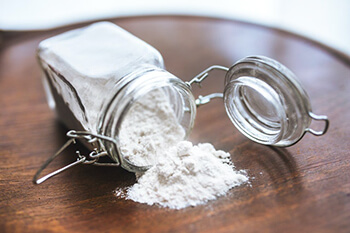
Baking soda is an effective remedy for relief from poison ivy, insect bites, and rashes. It helps balance the skin's pH, while working as an anti-inflammatory and antiseptic.
To use baking soda for immediate relief, add one to two cups of baking soda to your bathtub and soak for fifteen to twenty minutes. You can also create a paste for bug bites using a tablespoon of baking soda and a small amount of water. Apply this to a bug bite to relieve itching.
Medicinal Plants
After coming into contact with a stinging nettle, you'll probably experience a stinging sensation, and notice raised bumps on your skin. A nettle rash becomes incredibly itchy and difficult to relieve. Some people think that plants with medicinal properties can be helpful in relieving itching. The dock plant, which is commonly found near stinging nettles, is one of the most popular, and may be able to help relieve some of the pain. This is because the sap of the plant is cooling on the skin.
Jewelweed may also be able to help with poison ivy and stinging nettles. Jewelweed sap can help relieve some of the symptoms of poison ivy, and jewelweed is believed to be an anti-inflammatory. However, more research needs to be done to confirm its effectiveness.
Cold Compress
Sometimes, you don't need anything too fancy to cure a rash. A simple cool compress can help relieve itching and reduce swelling in rashes. The coldness of the compress numbs the area, providing relief from itching, while reducing the inflammation in your body.
To use a compress, fill a plastic bag with ice and wrap a thin cloth around it. Place it on your skin with the cloth side down, and hold it in place until you feel relief from your symptoms.
Conclusion
Skin rashes and itchy skin can be treated with a range of affordable home remedies, many of which you probably already have available. The most common causes for itchy skin and rashes are contact dermatitis, eczema, and psoriasis. Wearing loose-fitting clothes and using cold compresses regularly may provide immediate relief.
Home remedies, such as colloidal oatmeal baths, aloe vera, and coconut oil can help with dry skin and itching. It's worth avoiding anything that can give you an allergic skin reaction. Additionally, when you go outside, wear long sleeves and long trousers. This will help you prevent bug bites, and reduce your chances of coming into direct contact with poisonous plants.
Using home remedies can help provide relief from your symptoms, but it's important to consult your doctor if your rash is present even after using home remedies.

